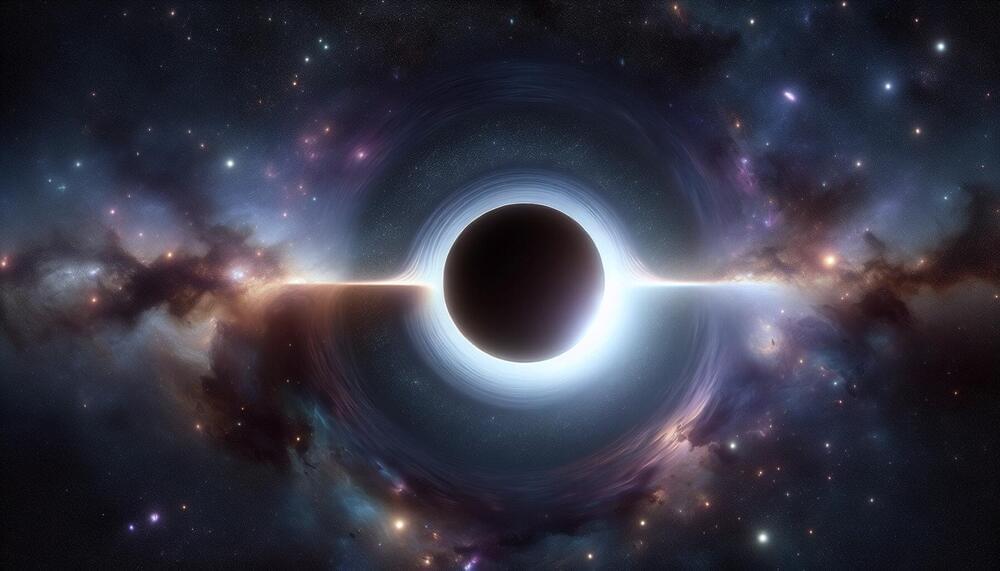A physicist investigating black holes has found that, in an expanding universe, Einstein’s equations require that the rate of the universe’s expansion at the event horizon of every black hole must be a constant, the same for all black holes. In turn this means that the only energy at the event horizon is dark energy, the so-called cosmological constant. The study is published on the arXiv preprint server.
“Otherwise,” said Nikodem Popławski, a Distinguished Lecturer at the University of New Haven, “the pressure of matter and curvature of spacetime would have to be infinite at a horizon, but that is unphysical.”
Black holes are a fascinating topic because they are about the simplest things in the universe: their only properties are mass, electric charge and angular momentum (spin). Yet their simplicity gives rise to a fantastical property—they have an event horizon at a critical distance from the black hole, a nonphysical surface around it, spherical in the simplest cases. Anything closer to the black hole, that is, inside the event horizon, can never escape the black hole.
